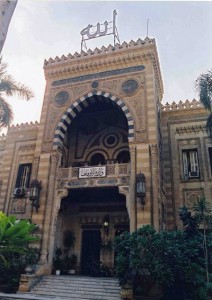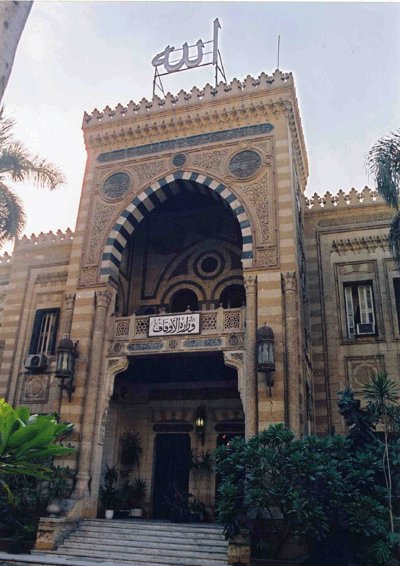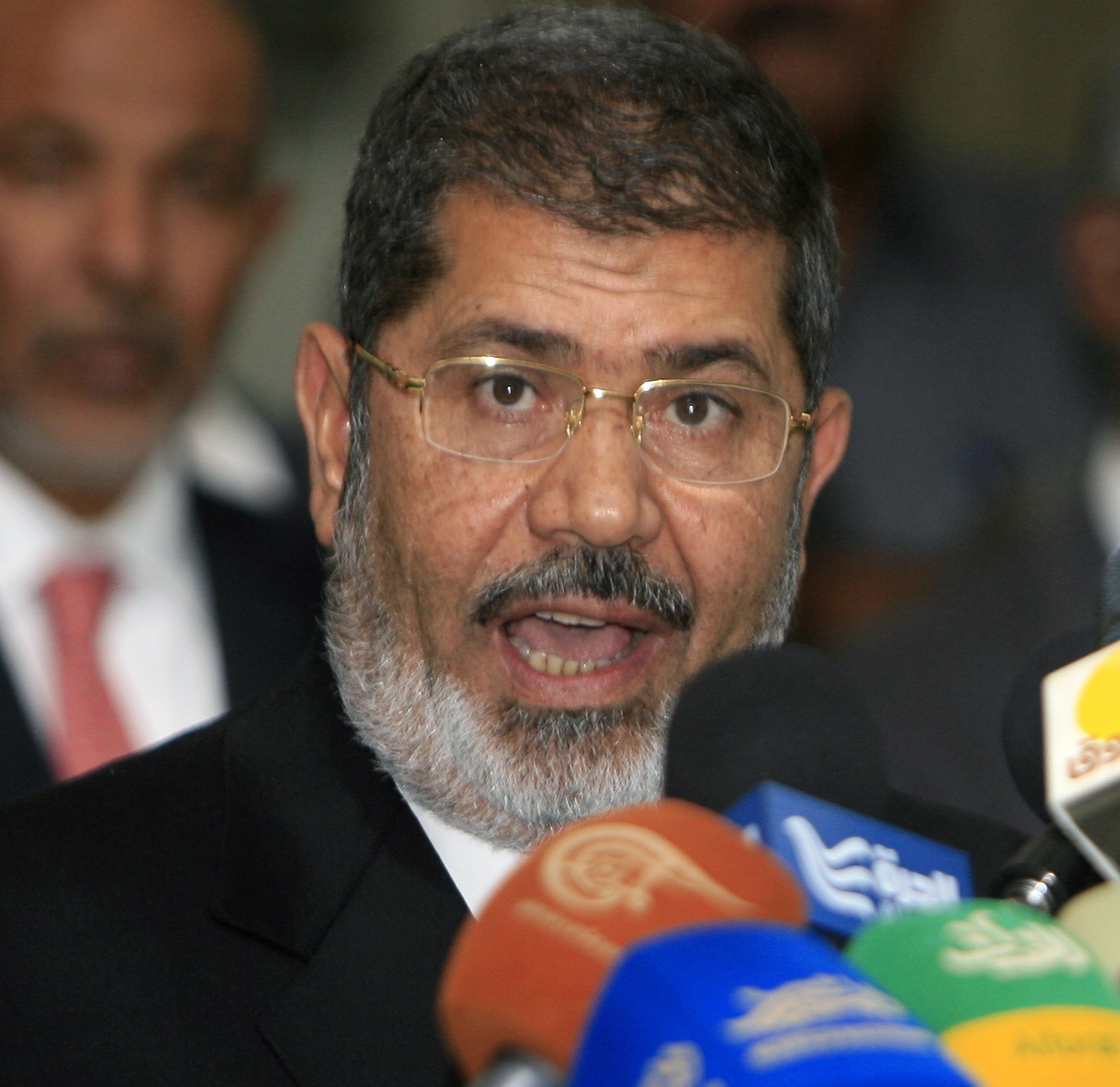
(Photo from Ministry of Religious page)
The Ministry of Religious Endowments has decided to form special groups to spread awareness on controversial community issues in Egypt’s mosques.
During a meeting with his deputies from different governorates on Tuesday, Religious Endowments Minister Mohamed Mokhtar Goma’a said those groups will hold small monthly gatherings between the evening prayers in mosques.
“The groups will include one Quran reciter, one chanter and two speakers,” ministry spokesman Mohamed Abdel Razek told Daily News Egypt. “The gatherings aim at spreading awareness on the threats of atheism, Shi’a, Baha’ism expiation, killings, and drug addiction.”
As soon as the deputies send through relevant statistics, including the exact number of mosques in their directorate, the groups will be formed accordingly, Abdel Razek said. The gatherings will be immediately held until the beginning of the holy month of Ramadan, he added.
The meeting, which was held at the Ministry of Religious Endowments’ headquarters in Downtown Cairo, included ministry officials from different departments. They discussed a set of topics, primarily the writing of a proposal for the suggested subjects of discussion at the upcoming religious speech forum in May.
The meeting also outlined new ways for the capacity building of mosque employees, so that every mosque in Egypt would have at least one worker.
The conference will take place on 2 May to set up new regulations for religious speech in Egypt. The move comes as a part of strict measures being taken to eliminate Muslim Brotherhood-affiliated preachers from the religious arena.
Last Monday, the Ministry of Religious Endowments said it will put schools, allegedly belonging to the Muslim Brotherhood, under scrutiny, and will change their current management. Goma’a said that all private schools affiliated to religious associations and their employees should immediately be put under surveillance, including teachers and workers.
Only a few days earlier, Al-Azhar filed a complaint against a TV presenter for allegedly aiming to make people “question their beliefs”.


